The following story is from my mother’s book, Remembering Etta Bend. These are the words of Susie Latty, who, much later, became my mom. This would have been around 1918.
Most of the things we used were homemade and they had to last as long as possible. Papa carved his own handles and wood implements he used on the farm. He forged many of his iron tools in his blacksmith shop.
Mama made dresses and shirts for us all on her treadle sewing machine. When a nail snagged our clothes, Mama or one of us girls patched them. Patches must be neat and well-sewn. An old saying goes, “A patch beside a patch is neighborly but a patch on top of a patch is a shame.”
It was all right for a man to have a patch on the knee of his overalls, but if he had a patch on the seat, he was in for a lot of teasing about sitting down too much.
Occasionally, Mama bought us a ready-made dress. I remember one such dress she bought for me. It was red-checked with white cuffs and collar. The full skirt had box pleats. Each pleat began with a point at the top set off with a button. When Mama washed my beautiful dress, she always hung it in the shade so the sun would not fade it.
Mama saved her own dresses by wearing aprons. After cooking or housework, she could take off her apron and still have a clean dress.
Rub boards and farm work were hard on clothing. Eventually, they went beyond patching. Then they were ready to be made into an everyday quilt or comforter.
Shoes must be worn as long as possible too, hopefully, until they were outgrown. Papa used his last for mending our shoes. He turned the shoe upside down over the iron last and half-soled it. Then, the shoe was good for several more miles of walking over the rocks at Etta.
We polished our shoes every Saturday night. Invariably, I spilled my polish. I would have to hurry and finish the job before the polish soaked into the wood floor.
Mama bought hats for us for dress-up occasions, but in the garden and fields, we wore homemade bonnets. They stayed on much better than hats and the back of the bonnet was handy for wiping sweaty faces.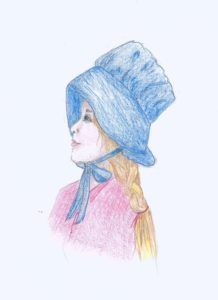
Papa took good care of his horses, cattle, and mules. He fed them well and doctored the occasional cut or sore.
Papa always looked for dead trees when he cut wood for the fireplace or cookstove. He cut green wood only when it was necessary. We used wood chips as kindling to get a fire started.
Mama was a good cook, but it was not her favorite activity. To her way of thinking, the best food was the fastest fixed. She always had an abundance of eggs, milk, and pork as well as her canned and dried vegetables and fruit. These were the things her meals were made of.
Mama usually cooked only breakfast and dinner. We ate leftovers for supper. Of course, if we had company or the teacher was boarding with us, she cooked supper too. Some of Mama’s favorite desserts were cold bread pudding, peach cobbler, and custard pie.
Mama saved the meat drippings when she fried ham or bacon. This was delicious over potatoes boiled with the jackets on or sopped up with a biscuit, as Papa liked it.
Although milk was plentiful, we did not waste it. We skimmed the thick, heavy cream from the top to use over cereal or dessert or churn into butter.
I liked clabbered milk. This was fairly solid and I liked mine before Mama stirred it up. After it soured, which was the next stage beyond clabber, we gave it to the hogs.
The hogs got scraps as well as their corn. We gave table scraps to the dogs and chickens. Chickens got potato peelings too. The cats got leftover gravy, biscuits, and sweet milk.
I am sure we were frugal, but we did not call it that. We just saved what we had and didn’t waste anything. It was our way of life.
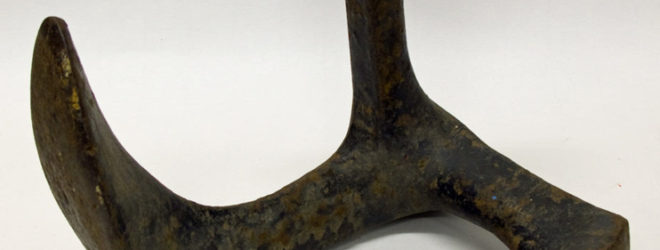
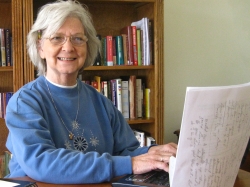
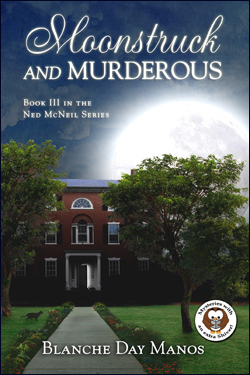
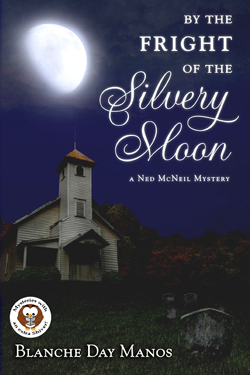
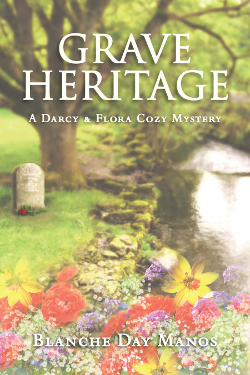

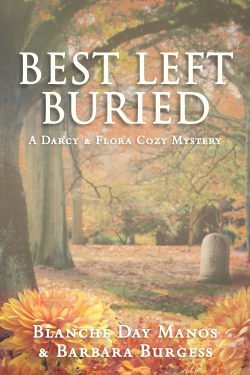
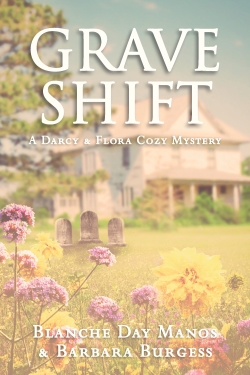
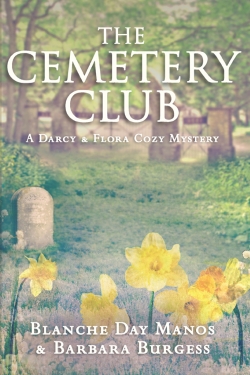
Speak Your Mind